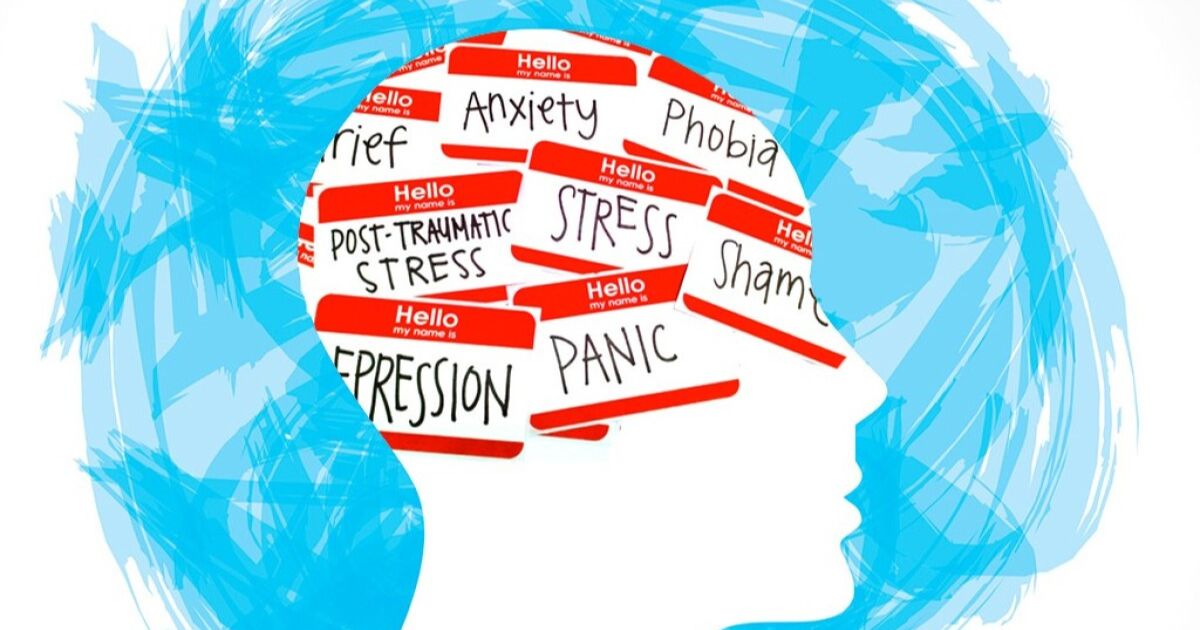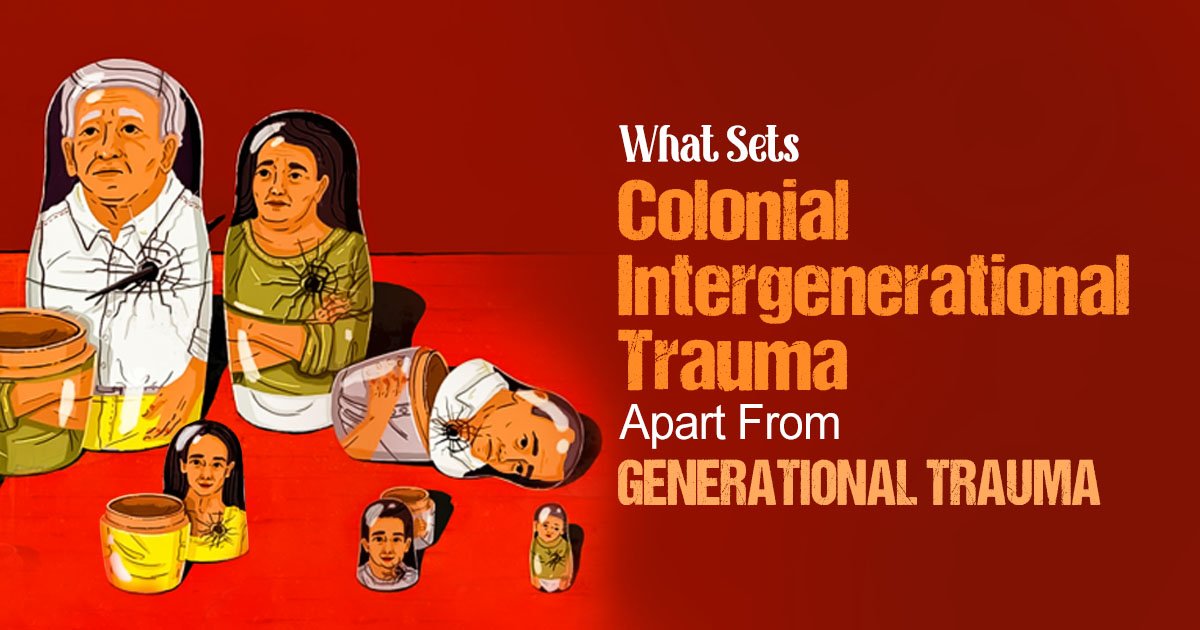As the COVID-19 pandemic, dengue outbreaks, and mounting inflation continue to exert stress on individuals across the country, mental health problems in India are surging at an alarming rate, according to health experts.
A particularly concerning trend is the increasing incidence of suicide, particularly among children and adolescents. Despite the formulation of a mental health policy in 2022 aimed at improving mental healthcare services, its implementation has been plagued by sluggish progress, raising urgent concerns about the state of mental health in the nation.
The ongoing global health crisis, coupled with other public health challenges such as dengue outbreaks and rising inflation, has exacerbated mental health issues in India. Health experts warn that this troubling trend underscores the pressing need to address mental health concerns promptly and effectively.
Rising Mental Health Problems In India
One of the most alarming aspects of the mental health crisis is the rising number of suicides, particularly among children and adolescents. This distressing phenomenon has sent shockwaves through communities and health authorities alike, highlighting the critical importance of prioritizing mental health support for young individuals.
In response to the growing mental health crisis, India formulated a comprehensive mental health policy in 2022. The policy was designed to bolster mental healthcare services, improve access to treatment, and destigmatize mental health issues.
While the policy represented a significant step forward in recognizing the gravity of the mental health situation, the pace of its implementation has been notably sluggish.
Health experts and mental health advocates have voiced their concerns about the delay in policy implementation, emphasizing the need for urgent action. The mental health policy was envisioned as a roadmap to strengthen the country’s mental healthcare infrastructure and ensure that individuals in need receive timely and appropriate care.
The Covid-19 pandemic, with its associated lockdowns, economic hardships, and loss of loved ones, has taken a toll on the mental well-being of people of all ages. However, it is the younger generation, children, and adolescents, who appear to be particularly vulnerable to the mental health repercussions of the pandemic.
The stressors of remote learning, social isolation, and uncertainty about the future have created a challenging environment for young individuals.
As health experts point out, the rise in suicides among children and adolescents serves as a stark reminder that addressing mental health concerns cannot wait. The delayed implementation of the mental health policy has left a gap in crucial services and support that could have made a significant difference in the lives of those struggling with mental health issues.
Mental health advocates and experts emphasize that a comprehensive approach is needed to tackle the mental health crisis effectively. This includes not only prompt policy implementation but also increasing awareness about mental health issues, reducing stigma, and expanding access to mental healthcare services.
Moreover, it is essential to recognize that mental health challenges are complex and multifaceted. The pandemic has exposed vulnerabilities in the mental health infrastructure, and addressing these issues requires a concerted effort from policymakers, healthcare providers, educators, and communities.
In conclusion, the escalating mental health problems in India, exacerbated by the Covid-19 pandemic and other challenges, demand immediate attention and action. While the formulation of a mental health policy in 2022 represented a step in the right direction, its sluggish implementation has hindered progress in addressing these critical issues.
The rising incidence of suicides among children and adolescents is a stark reminder of the urgency of the situation. It is imperative that mental health is prioritized, and a holistic approach is adopted to provide the support and services needed to safeguard the well-being of all individuals in the country.




























